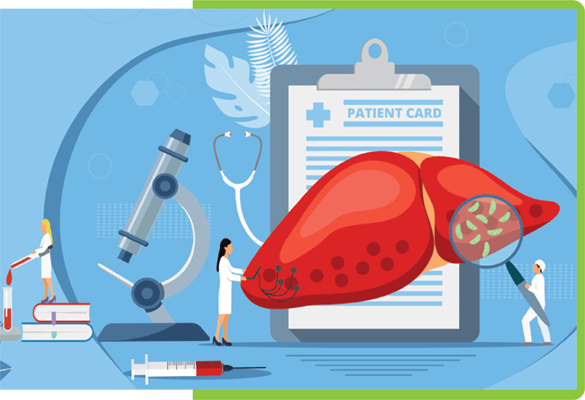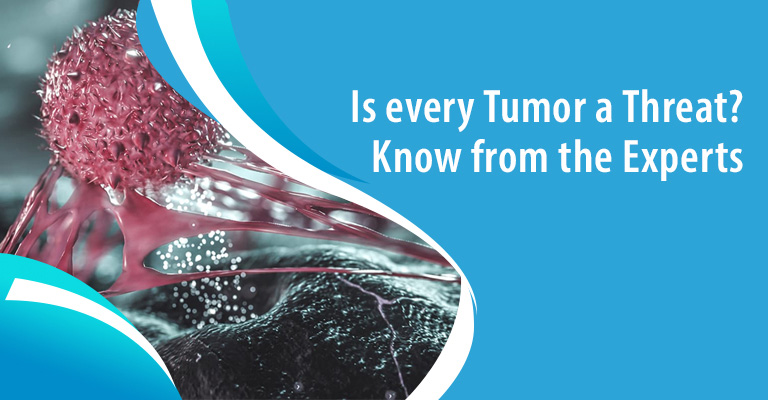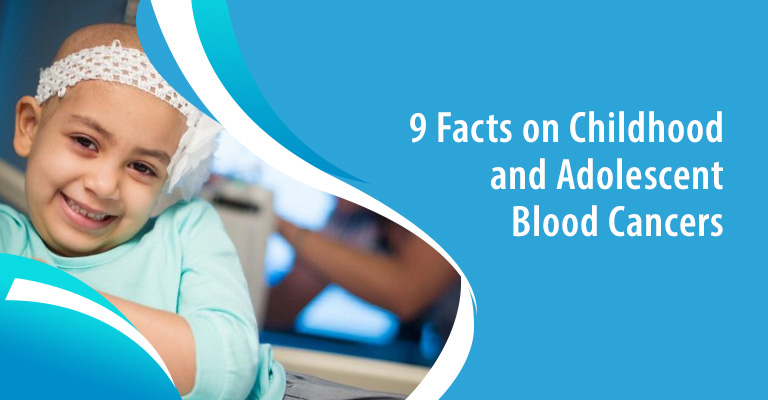Cancer that starts in the cells of your liver is known as liver cancer. Our liver is a large organ that sits in the upper right part of your abdomen, beneath your diaphragm and above your stomach.
The liver can develop a variety of cancers. The spread of cancer to the liver is more common than cancer that starts in the liver cells. Metastatic cancer, rather than liver cancer, is cancer that starts in another part of the body, such as the colon, lung, or breast, and then spreads to the liver. Metastatic colon cancer, for example, is a kind of cancer that starts in the colon and spreads to the liver.
Medica’s oncology department excels in providing world-class cancer treatment driven by their collective clinical excellence of over 30+ years. With a multidisciplinary approach to treating all types and forms of cancer, our oncologists and onco-surgeons are supported by the latest cancer treatment technologies along with a team of highly-skilled reconstructive surgeons who deliver extensive treatment to all of our patients, adults and children alike.















